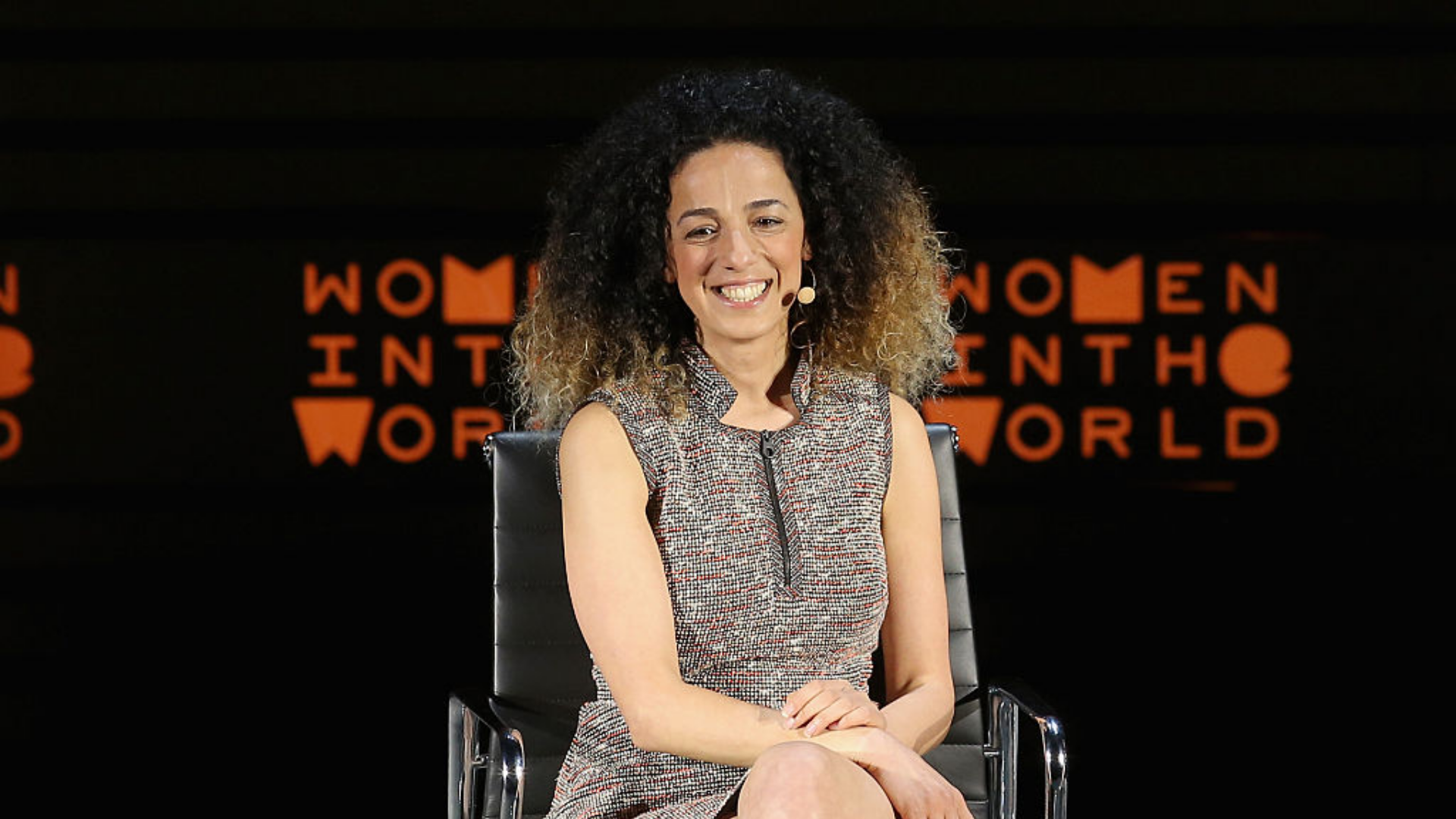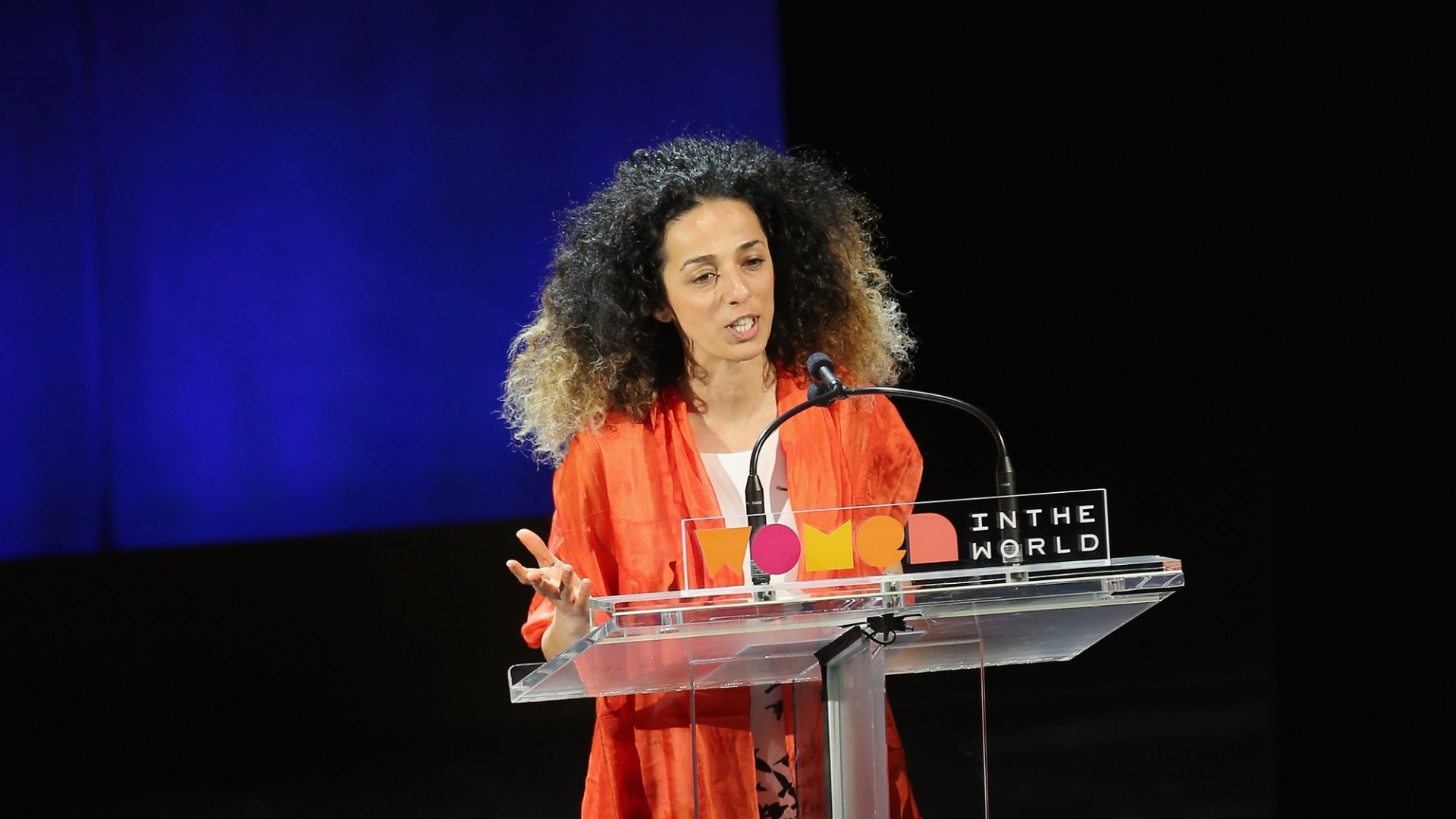Iran
Interview with Masih Alinejad
Interview with Masih Alinejad
Who is Masih Alinejad?
Masih is an Iranian-American journalist-in-exile who now lives in New York where she continues to oppose the religious dictatorship in her home country. Her resistance to Tehran’s authoritarian religious regime led to her expulsion from Iran in 2009. She has since become an international social media maven, providing communication platforms for Iranian women to celebrate their headscarf-free hair in photos and videos, along with encouraging other expressions of personal freedom.
FNF Latin America and the Liberal Network for Latin America spoke with the welll-known Iranian women's rights activist.
How did you find space to voice dissent?
Masih Alinejad: You have to decide between going to prison or staying in a larger prison called Iran. Freedom is not free [...]. If we stay silent, we'll die gradually, without dignity. If we become loud, at least we know that we stood up against oppression.
Maybe you think I left Iran so I'm not under threat, so I'm safe outside Iran, miles away from everything that is happening, but this isn’t true. Still, I have to decide: to be safe, stay silent, enjoy my life, or think about millions of other women who are asking me to be their voices. I want to be their voice. That’s why, even outside Iran, I face daily threats.
What makes people so afraid of a woman sharing stories of other women in Iran?
Masih Alinejad: They are scared of women - the Taliban, the IS, the Islamic Republic. They are all scared of free women [...].
They have guns and bullets; they have prison; they have power; they have all the media. They have everything. They can kill you; they can torture you; they can execute you.
We do not have any of these: we don't have state media; we don't kill people; we don't hang people; we don't torture people; we don't have prison. But we have our words; we have our social media. We have dignity. That scares them: that we stand up for our dignity.
It is not about me. They are scared of our unity.


Don’t a lot of men say “why do you talk about the hijab? We have so many bigger problems”? Could you touch on that?
Masih Alinejad: A lot, yes. I'm going to be very clear: I'm not fighting against a small piece of cloth. For me, the use of a compulsory hijab is the main pillar of a gender apartheid and a religious dictatorship [...].
When you're forced to wear [a hijab] from the age of seven, it means you’re nobody. At the same time, if you don't wear a hijab in Iran or in Afghanistan, you won’t exist.
That shows that we are not fighting against the hijab or a small piece of cloth. We are fighting for our existence: we want to exist, and we want to have dignity. We are mature enough to make decisions over our bodies.
Women’s rights
